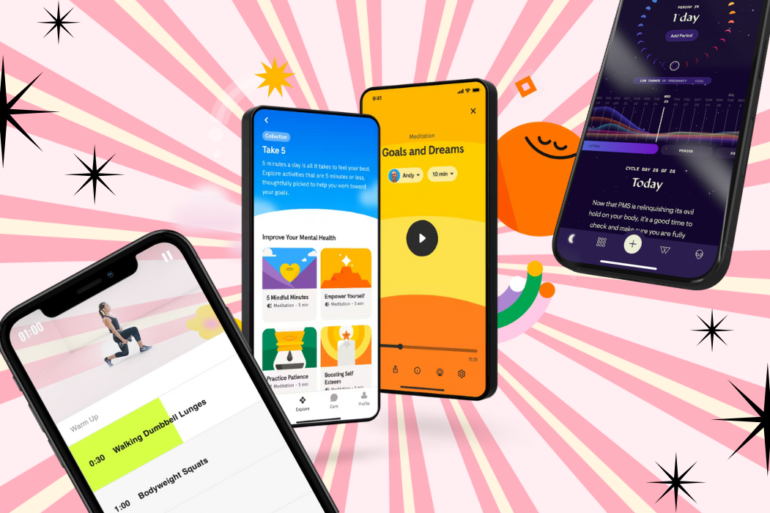For years, people saw only the pretty face and the love team. Now, Liza Soberano shows that speaking up is powerful, turning honesty into an act of bravery.
Content warning: This article contains discussions on abuse and trauma.
I’ve met Liza Soberano more times than I can count. At shoots, press events, galas, balls, and interviews. She’s always been warm and professional, the kind of star who knows how to hold herself together in front of the cameras. And yet in all those moments, not once did I catch a glimpse of the story she finally shared. It’s heartbreaking to discover that something this heavy was tucked away for years.
In the episode Can I Come In?, the YouTube series by Sarah Bahbah, Liza opened up about her childhood in a way no one expected. To most people she was a pretty face, one half of a famous love team, but behind that image was a girl surviving instability, abuse, and abandonment.
Related story: I moved to the south and it saved my mental health
Related story: K-pop megagroup BTS teams up with Unicef for a mental health campaign
Related story: Reflecting on the life and music of Liam Payne
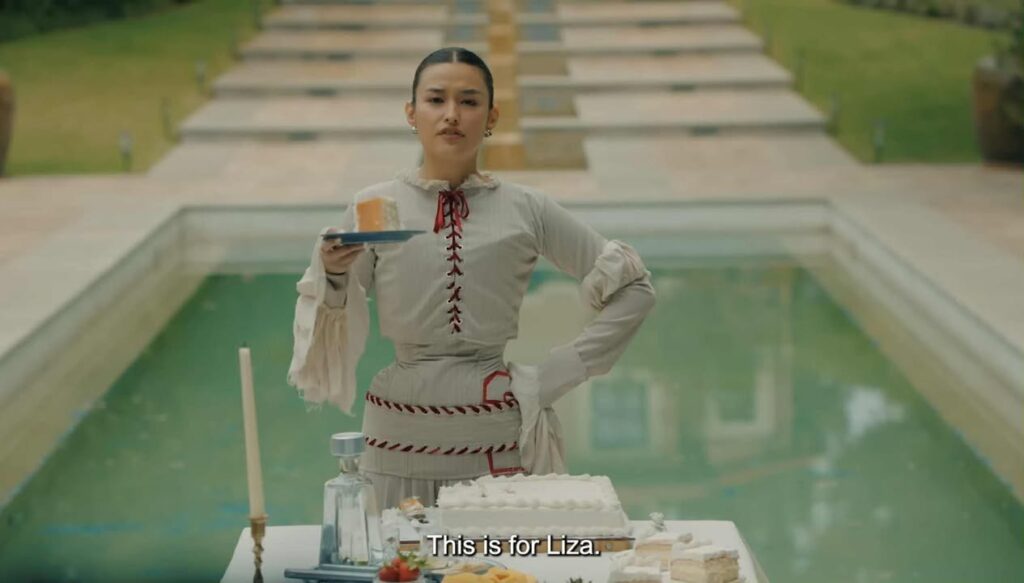


The story she carried
Liza spoke about her early years in California, where she was born to an American mom and a Filipino dad. They were barely adults themselves and struggling to survive. Her mom battled addiction; her dad faced multiple legal cases (related to drugs, firearms and trespassing), and was imprisoned and eventually deported.
She says that when she was just two, her mother’s boyfriend kidnapped her and her brother in a stolen van. Later, she was placed in foster care where she was treated as less than human. She was forced to act like the “family dog,” locked in a garage, even made to clean dog feces with her tongue.
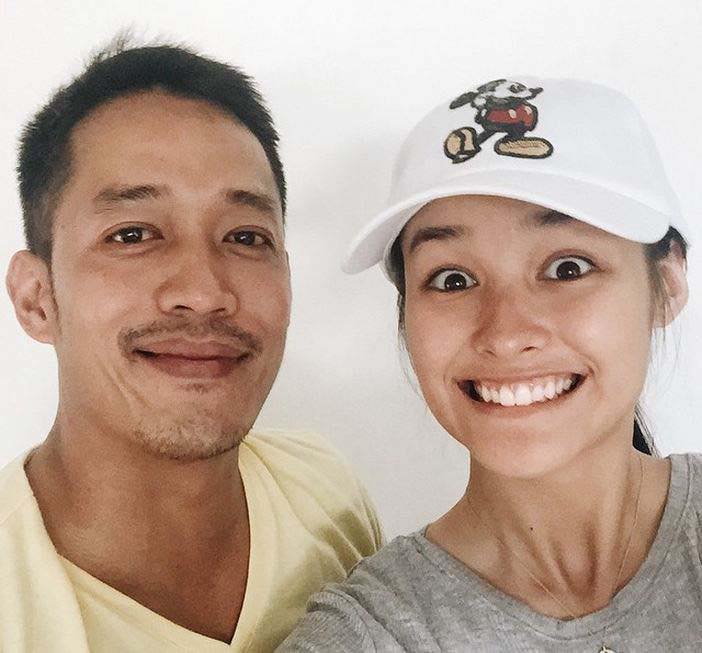


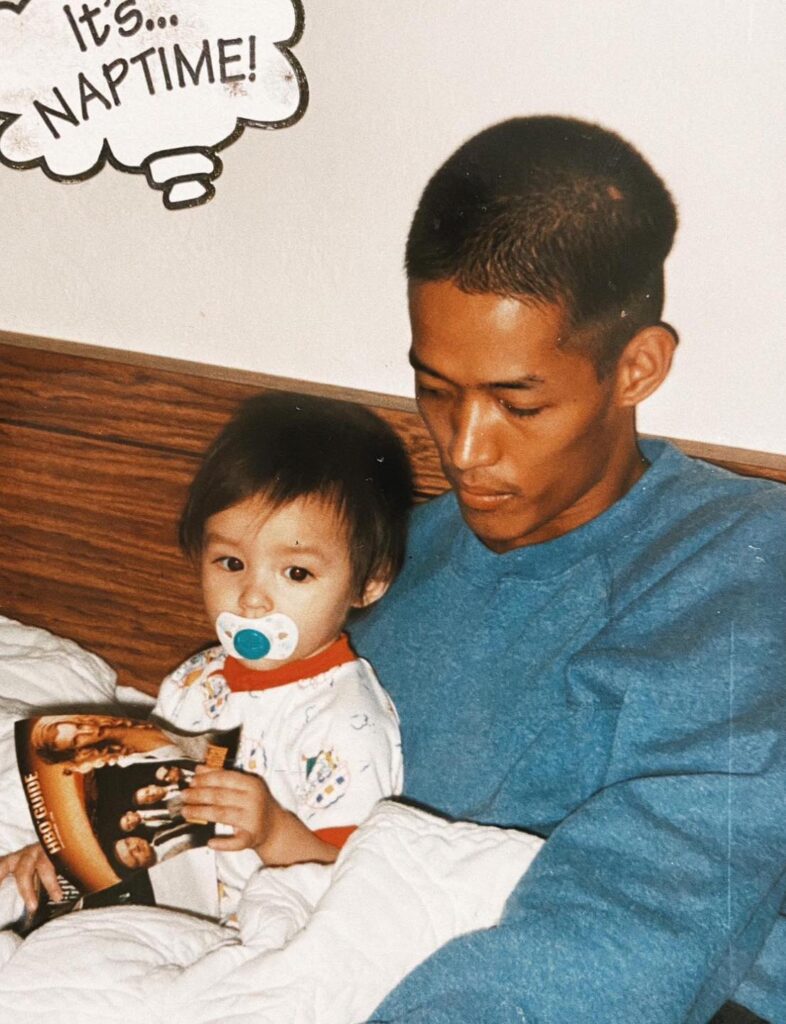


Hearing her recall these memories, what struck me wasn’t just the cruelty of it all but the details of how she coped. She admitted that she used to lie to social workers, convincing herself that the woman who abused her “loved” her.
At ten, she and her brother moved to the Philippines to live with their father. She described the relationship as distant and uncomfortable, with expectations that felt impossible after years apart. It was another layer of dislocation, culture shock mixed with the presence of a parent who felt like a stranger.
Related story: How to stop overthinking and other self-love books to help you love yourself better
Related story: An open letter to Gen Z from a millennial
Related story: The beautiful—and at times messy—world of fandom culture
This is the first time Liza has ever talked about this side of her life. In media and entertainment, where stars are often told to smile and keep quiet, sharing something this raw is rare.
That same honesty extended to her personal life. After years of speculation, she confirmed her breakup with her love team partner and boyfriend Enrique Gil. Their relationship defined much of her career and her personal life. She admitted they had quietly separated three years ago. For fans, who lovingly called them LizQuens, it was another shock. For Liza, it was another truth she was finally ready to put out there.
The way it was told
Credit also goes to film director and creative, Sarah Bahbah. Can I Come In? isn’t a typical celebrity sit-down. It feels more like art, a mix of cinema and documentary, with a set designed around where Liza felt safest. Sarah herself said she wasn’t there to do therapy, only to hold space. And It was evident in the entire video. There was no sensationalizing, no tabloid tone, just a room for Liza to speak.
It made me think about how different this could have looked if it had been done in the usual talk show format. Here, the story was handled with care.
After watching, I kept going back to the times I’d met her. The laughter on set, the charm, the easy banter with everyone in the room. None of us had any idea. And maybe that’s the bigger lesson here: so many people carry things you’ll never see, until one day they decide to let you in.
For Liza, that day finally came. And instead of breaking her, it freed her.



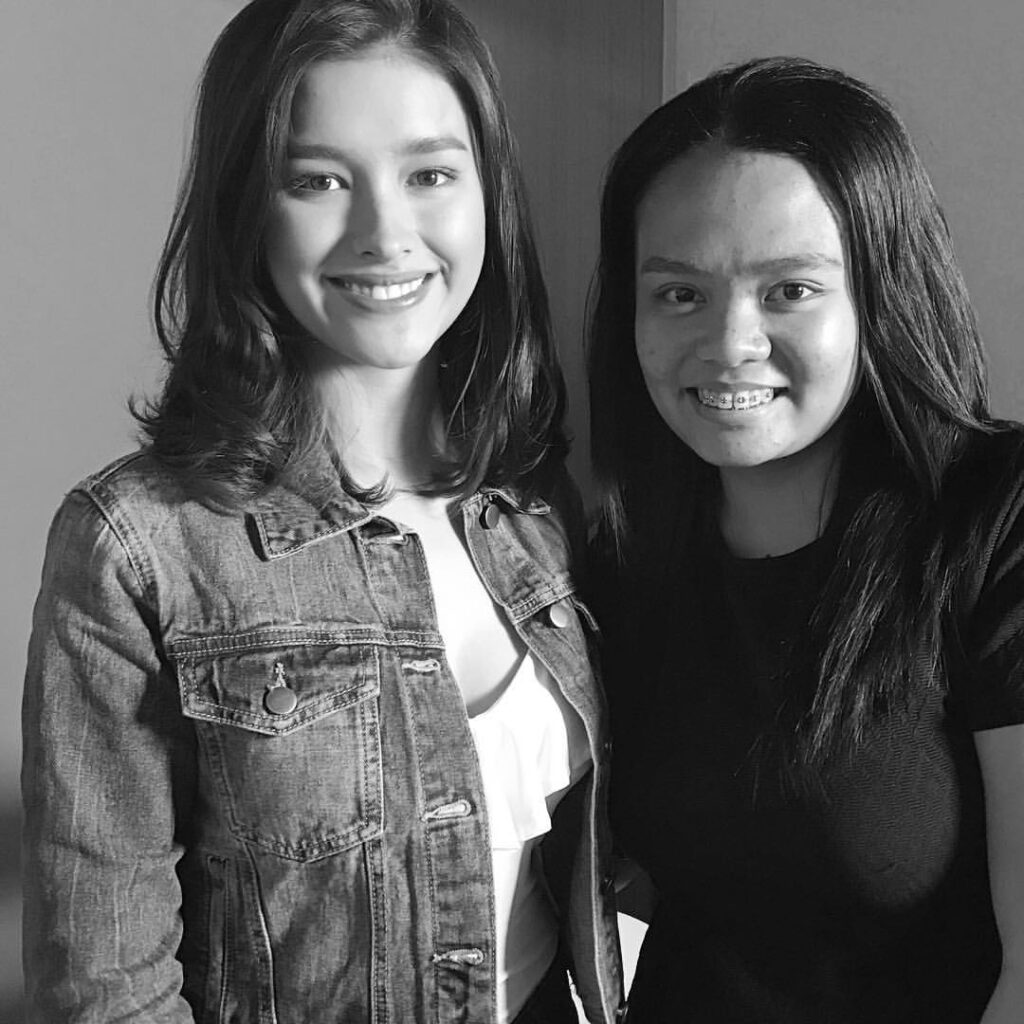


The last word
In the end, Liza said telling her story made her feel free. That’s what makes this so powerful, opening up about mental health and past pain can feel impossible, but sometimes saying it out loud is the first step to healing.
For years people only saw the pretty face and the love team. Now they see someone who chose honesty, and in doing so, reminded us that speaking up can be its own kind of strength.
What also impacted me was how carefully Sarah Bahbah held this story. She didn’t sensationalize or reduce Liza to her trauma, she let her be heard. It’s the kind of care I wish more storytellers, journalists included, would bring into their work. Because the way we hold someone’s truth matters just as much as the truth itself.
One of the most symbolic parts of the episode was when she was asked to cut a piece of cake, each slice representing someone who has hurt her. She named her mother’s ex-boyfriend, her abusive foster parent, someone who was bleeped out (netizens speculated it was her former manager Ogie Diaz), and finally, herself. “This is for Liza. Liza, you were so hard on Hope. (She was born Hope Elizabeth Soberano) You didn’t love her properly, you allowed her to suffer in silence. So this is goodbye to old habits and I hope we grow and heal.” Then she smashed each piece, as if breaking apart the weight she had carried all these years.
You can watch Liza’s full interview on Can I Come In? below:



